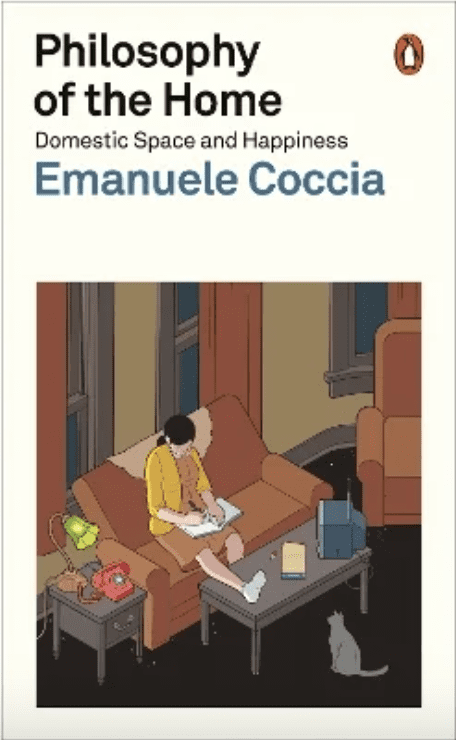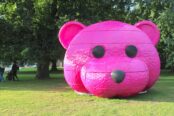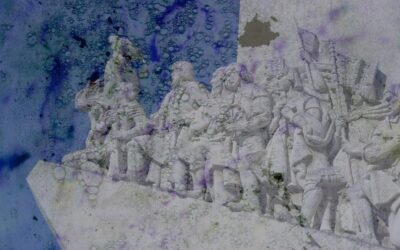A certain discomfort around the words ‘philosophy’, ‘home’ and ‘happiness’ exists in the twenty-first century. At a time of ubiquitous precarity, the terms evoke a sense of unease. Perhaps more importantly, they expose a lack of boundaries that previous generations tended to enjoy. For instance, ‘philosophy’ was historically bound entirely to the academy and city life, and ‘home’ was a firm designation as the social reproduction of life. ‘Happiness’, meanwhile, has always been considered more subjective, and therefore a slippery subject matter to bind to any philosophy.
That being said, in his new book, Philosophy of the Home: Domestic Space and Happiness, philosopher Emanuele Coccia deftly combines the personal and the anecdotal with insightful theory around the ways in which domestic life shapes us. Whether it is filled with negative or positive connotations and memories for the reader, the home is an accessible entry point, providing an excellent gateway to understanding Coccia’s thinking before expanding the notion out to its fullest potential.
Throughout the book, the reader is invited to define, and re-define, what ‘home’ means. Presented as a binary counterpoint to the dynamism and economic activity of the city, which is in itself highly gendered and classed, Coccia earns a sense of security in his methodologies and his means of narrating his project. There are no alien, jargon-ridden concepts in the work; despite being a highly intellectual endeavour, the reader feels as if they are joining Coccia on his project, rather than being dragged along, or lectured.
Debates around the public and the private from the twentieth century (think of the likes of second-wave feminism and Carol Hanish) reveal themselves as entirely unresolved. “It is in the home and through the home, and in the arrangement of property that constitutes and embodies it,” Coccia states, “that society is organised in economic inequality.” It is with this clear comparison between private and personal life, — easily witnessed in the absence of any equality in the housing market — that we join Coccia on his dialogue on philosophy and the home.
Home, it soon becomes clear, is a state of mind and soul, and certainly not merely bricks and mortar. With heart-rending and deeply relatable ideas around the various episodes of life, including childhood, familial and romantic love, interior design and architecture, and the ways we might feel at home online, a certain emotional interiority resonates.

This extends to the possibility and potential of home; regardless of its physical state, there is always an opportunity to create our worlds anew. Is this naively utopian? In any other literary work, the reader might be inclined to say a resounding yes, and that perhaps such optimism overlooks the lived economic reality of so many across the world, in spite of our technologically advanced age. However, the ways in which Coccia breaks down his thinking between the anecdotal, the philosophical and, indeed, the bodily, ensures the inclusion of every reader.
If, as he suggests, “a home is a space where life can circulate freely between bodies”, then the city has always been a home, as has the pub, the club, the library, the university, and many other public spaces outside the traditionally domestic. In our world that fuses the material, the economic and the emotional, the terminologies of ‘home’ and ‘community’ become synonymous, and the crises of both are felt simultaneously.
Emanuele Coccia, Philosophy of the Home: Domestic Space and Happiness. Translated by Richard Dixon. London: Penguin Books

Issey Scott is an arts and culture writer and sometime-curator based in London. She has produced texts for exhibitions in the UK, USA and Italy, and her by-lines include RIBA and The Big Issue. She is fascinated by the post-digital urge to transcend the body



















